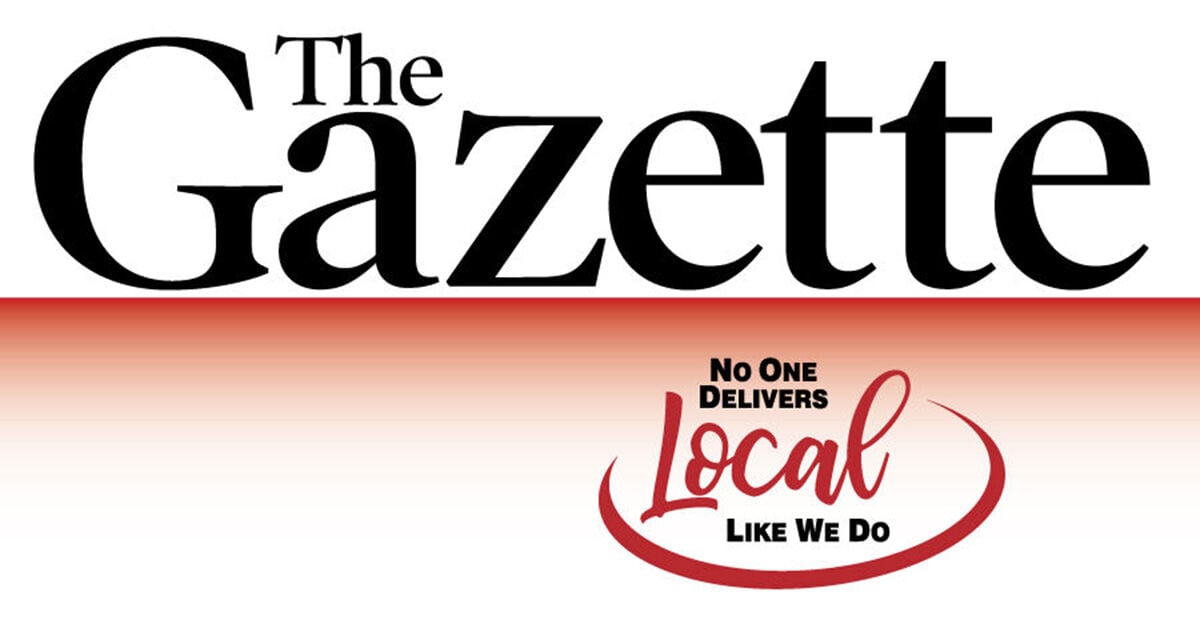
The National Alliance for Caregiving (NAC) has voiced substantial concern regarding the restructuring plan recently unveiled by the Department of Health and Human Services (HHS), emphasizing the potential repercussions for the approximately 53 million family caregivers in the United States. These caregivers provide essential support to older adults and individuals with disabilities, often playing a crucial role in their overall well-being.
One of the most alarming aspects of this reorganization is the proposed dissolution of the Administration for Community Living (ACL). Established as a primary advocate for older adults and those with disabilities, the ACL has been pivotal in coordinating federal efforts to support these vulnerable populations. The redistribution of ACL’s responsibilities across various divisions—including the Administration for Children and Families (ACF), the Assistant Secretary for Planning and Evaluation (ASPE), and the Centers for Medicare and Medicaid Services (CMS)—raises significant concerns about the continuity of care and the ability to address the specific needs of these growing demographic groups effectively.
Jason Resendez, President and CEO of the NAC, articulated the organization’s apprehensions by stating, “We are deeply concerned that these HHS organizational changes and workforce reductions may undermine the momentum and implementation of our nation’s first-ever National Strategy to Support Family Caregivers.” This strategy emerged from the RAISE Family Caregiving Act and the Supporting Grandparents Raising Grandchildren Act, both of which were enacted in 2018 and serve as vital frameworks for enhancing support for family caregivers.
In light of these proposed changes, the NAC has posed several urgent questions to HHS to seek clarity on critical aspects of the restructuring. Key inquiries include the future implementation of the National Strategy to Support Family Caregivers, the identification of the agency responsible for coordinating caregiver support programs, and assurances regarding the continuity and funding of existing initiatives.
The organization underscores the pressing need to safeguard the interests of family caregivers, who contribute an estimated 0 billion annually in unpaid care. Many of these individuals face significant challenges, including health deterioration, financial instability, and workplace difficulties, which could further strain the healthcare system and the economy at large.
The NAC stresses that while government efficiency is essential, it should not come at the cost of essential support for older adults, individuals with disabilities, and their caregivers. The organization is committed to collaborating with HHS leadership to prioritize the needs of family caregivers during this restructuring process. The NAC advocates for robust stakeholder engagement to ensure that any organizational changes reinforce rather than compromise the national commitment to supporting family caregivers. Such collaboration is vital not only for maintaining the integrity of existing programs but also for enhancing the quality of life for millions of Americans who rely on family care.

